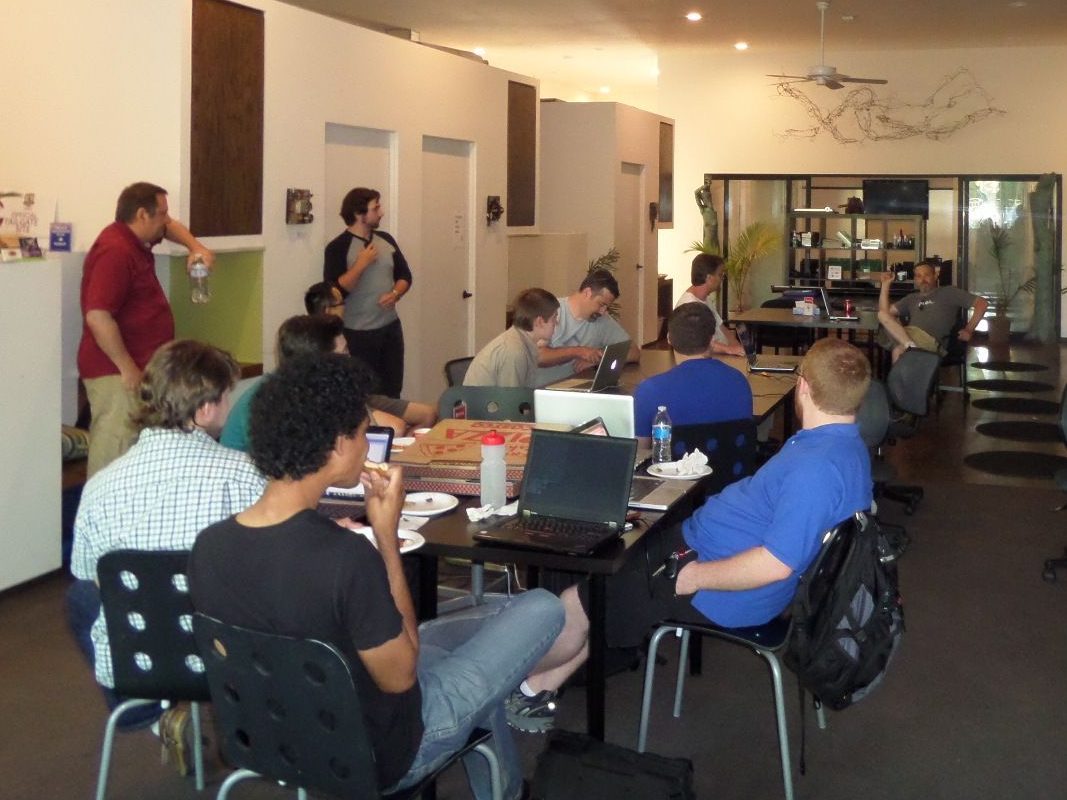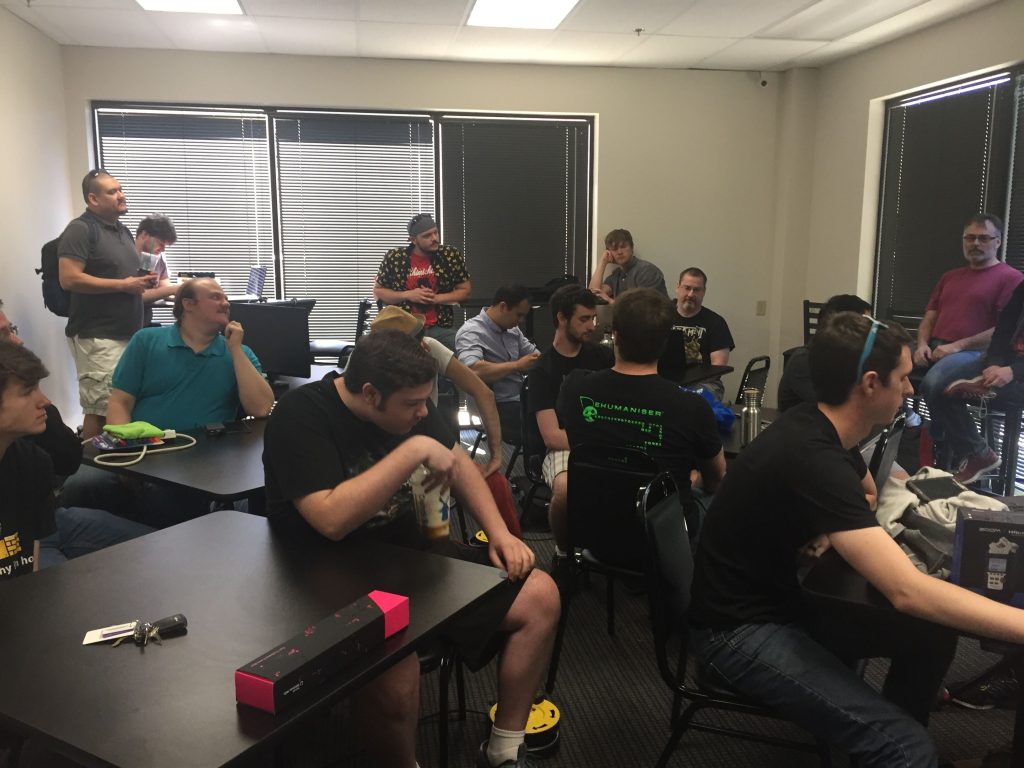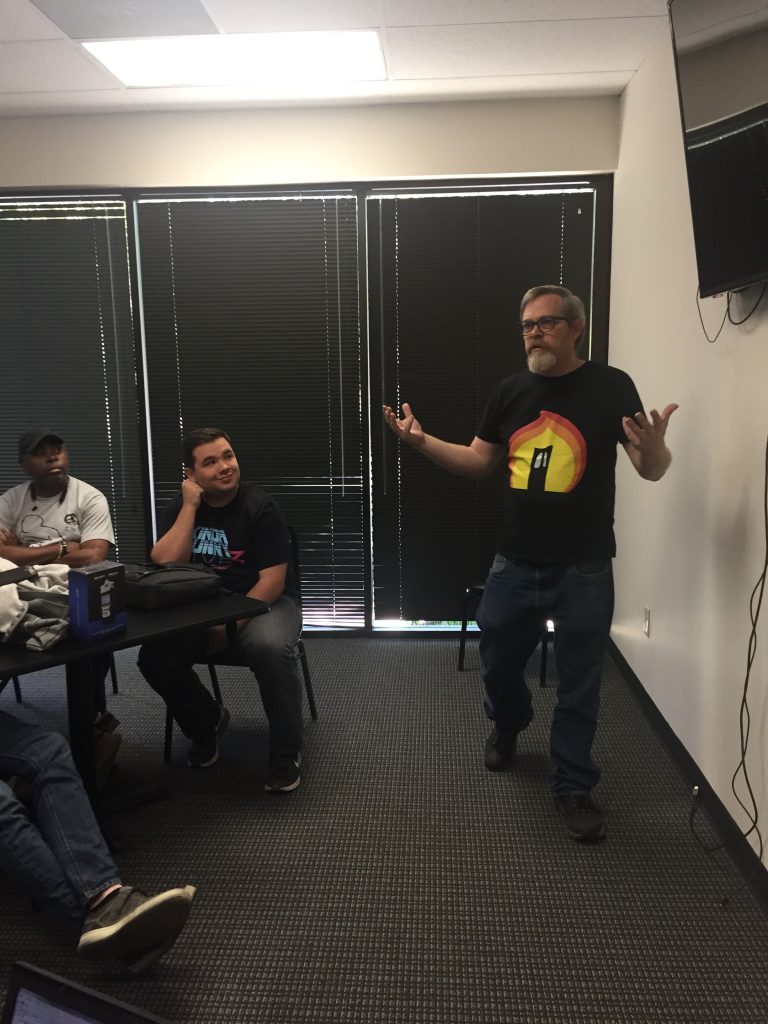The Progressive Game Jam is a simple idea with an outsized impact. Instead of cramming a whole project into a weekend, developers meet month after month, building the same game with the same team, and moving through a full development cycle. That long runway is what makes it special. It turns “someday we should make a game” into “we made one.”

Why It Started
Sacramento’s game-dev scene grew from a small meetup into a real community, but the standard 24- to 48-hour jams left many creators wanting more. In May 2014, a small group met to rethink the format. The goal was clear: give people enough time to design, iterate, test, and actually finish something. During that meeting, the phrase “progressive game jam” landed, and the first season launched soon after. The History of the Progressive …
How It Works
PGJ runs across many months, not days. It starts with pitches and team formation, then rolls into regular sessions where teams build in public. That cadence creates a natural rhythm: set a milestone, show it, get feedback, repeat. By the time showcase season arrives, teams have playable builds and a story to tell about how they got there. The format encourages good scope, shared ownership, and steady progress rather than crunch. The History of the Progressive …

What It Produces
Across its seasons, PGJ has incubated dozens of projects and shipped multiple public releases. Titles developed through the program include Bike Route: Sacramento, Overtime, and Raining Snakes, alongside a long list of in-progress games that kept momentum beyond the jam. Participation has spanned well over a hundred developers across dozens of teams, with roughly two-thirds of projects finishing or continuing after their season ends. PGJ History

How It Helps Developers
You learn the full cycle. Weekend jams are great for experimentation, but PGJ lets you experience concept, vertical slice, playtesting, polish, and handoff. That end-to-end view is what studios look for.
You build a real portfolio. Showing a playable build at a public showcase beats a bullet point on a resume. It proves you can scope, collaborate, and deliver. The History of the Progressive …
You find your team. Artists, programmers, designers, audio folks, and producers meet and make things together over months, not hours. You learn each other’s strengths and communication styles, which often leads to longer-term partnerships.
You get accountability without burnout. Monthly milestones keep you moving, but the schedule is realistic. That steady pace is motivating and sustainable.
You connect to the local scene. PGJ projects regularly appear at Sacramento developer showcases, putting teams in front of players, press, and potential employers. Those reps help with feedback, confidence, and visibility. The History of the Progressive …

Where It All Leads
The program’s structure creates a pipeline from idea to public demo, with many teams continuing past the jam to refine, publish, or spin up new projects together. Even when a game doesn’t ship, participants walk away with practical skills, credits, and connections they can carry into studios or indie ventures. That’s the real win: a healthier developer ecosystem with more people finishing what they start.
Sources: Last Token Gaming

